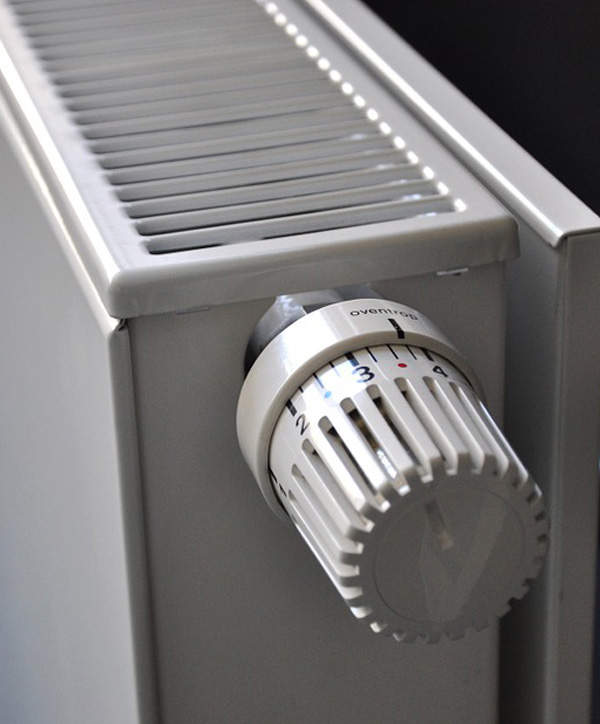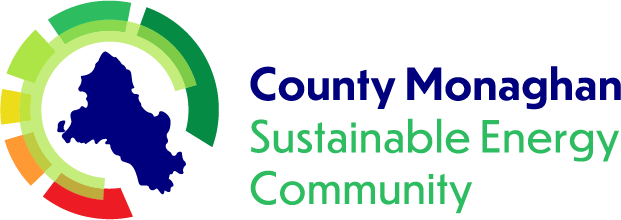Energy Poverty
Energy poverty can be defined in many different ways however, in its simplest terms it means that a householder is unable to effectively heat or power their home to an adequate degree.
Energy in the Residential Sector
%
Individuals unable to afford to keep their home adequately warm in 2015
%
Individuals who went without heating at some stage in 2015
The 2018 ‘Energy in the Residential Sector’ report published by SEAI highlights that households may be experiencing energy poverty for a number of reasons. This can include but is by no means limited to:
- Low income
- Poor insulation standards
- Inefficient heating systems
- Personal circumstances
An EU-wide Survey on Income and Living Conditions (SILC), carried out by the Central Statistics Office for Ireland, included two qualitative energy-related questions: whether householders have gone without heating at least once over the previous year, due to lack of money, and whether householders can afford to keep their home adequately warm.
The number of individuals who reported that they are unable to afford to keep their home adequately heated increased from 3.5% in 2007 to 10% in 2013. SEAI state that this figure has decreased to 9% in 2015 but remains above 2006 levels.
The number of individuals who reported that they went without heating at some stage in the past year, due to an inability to afford it increased from 6% in 2006 to 16% in 2013. SEAI state that this figure has decreased to 14% in 2015 but it remains above 2006 levels.

Alleviating Energy Poverty
Although there has been a decrease in fuel-poverty between 2013 – 2015 it is still an area which requires attention.
There are two grant schemes currently operated by SEAI, which are part of the government’s strategy to reduce energy poverty in Ireland. The schemes aim to reduce energy poverty through providing free energy efficiency upgrades which will reduce the energy requirements of a home to keep it sufficiently heated and protect householders from increasing energy costs in the future.
Schemes currently operated by SEAI include the Better Energy Warmer Homes Scheme which is aimed solely at addressing energy poverty and the Better Energy Communities Scheme which has a broader concern, of which one aspect is those at risk of energy poverty.
There are two grant schemes currently operated by SEAI, which are part of the government’s strategy to reduce energy poverty in Ireland.
Better Energy Warmer Homes
Established in 2002, the Better Energy Warmer Homes Scheme offers a wide variety of free energy efficiency upgrades to householders in receipt of certain welfare payments. There are certain requirements that must be met before applying for the upgrades scheme which can be seen in our funding section.
The scheme covers a number of home energy improvements:
- Attic insulation
- Cavity wall insulation
- External wall insulation
- Internal wall insulation
- Other secondary measures such as lagging jackets, draught proofing, and energy efficient lighting
Between 2009 – 2019, 124,345 homes received energy efficiency works under the Better Energy Warmer Homes Scheme.
Better Energy Communities
Established in 2012, to provide funding for community groups to improve energy efficiency and renewable energy use in their area in order to reduce fossil-fuel usage, energy costs and emissions. Each project must include homes at risk of energy poverty.
Between 2012 – 2019, 12,940 homes received works as part of the Energy Poverty element of the Better Energy Communities Scheme.
To date, 1,853 homes in County Monaghan have received free energy upgrades

